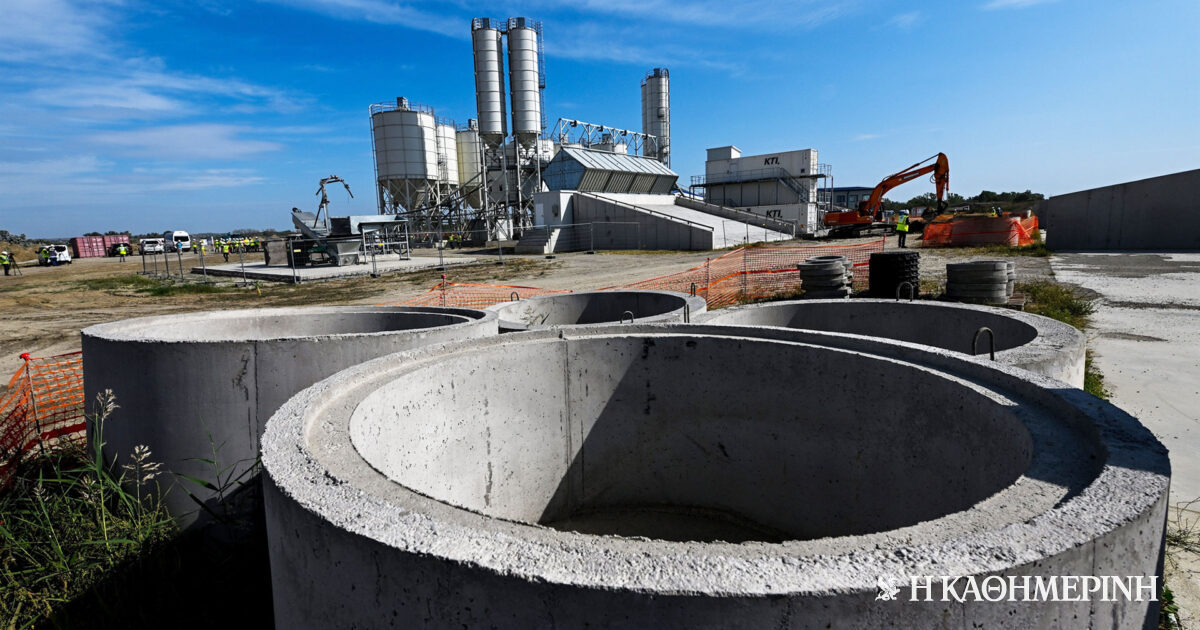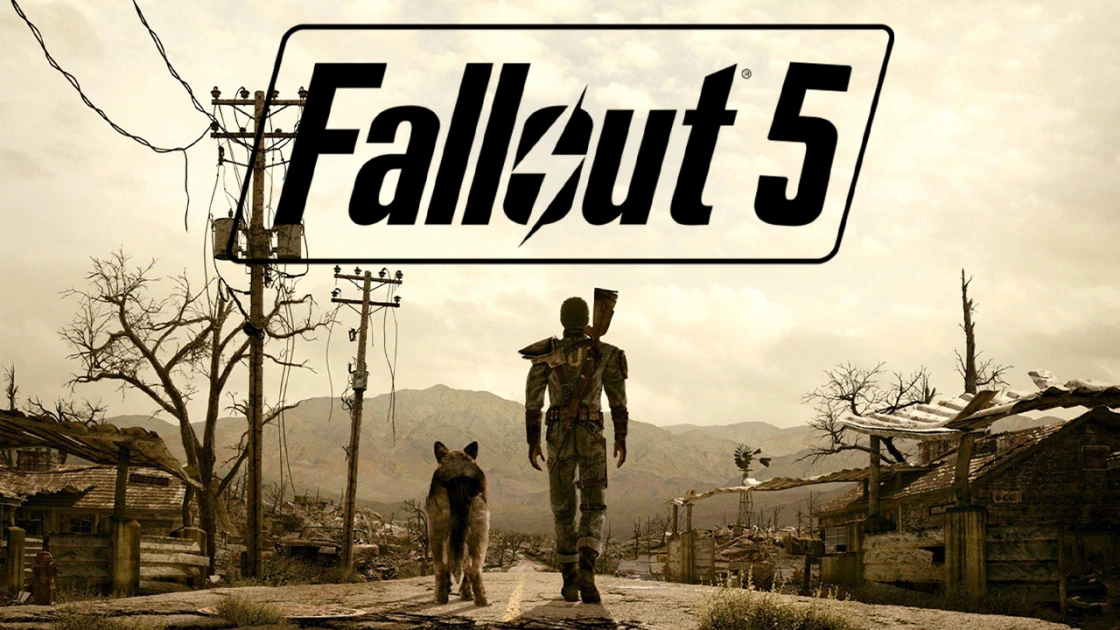
Despite the reservations it raises in the international community, Nuclear Energy It is emerging as a solution for an increasing number of countries choosing it to meet their energy needs, while at the same time serving many different purposes. from FranceWhich relies heavily on nuclear energy anyway, all the way to its countries Africa, many of which still have very low electricity coverage. In the case of France, it is the multinational company Orano SA, which operates throughout the nuclear power generation cycle, and will invest 1.7 billion euros in a uranium enrichment plant in the south of France. According to Orano, the investment will increase production by 30% at this plant located in southern France, which according to the company’s website will enrich enough uranium to produce nuclear energy capable of powering 120 million homes annually.
The goal of this investment is to reduce France’s dependence on Russian nuclear fuel and the Russian company Rosatom. This is France’s only dependence on Russia, because thanks to nuclear energy, the second economy in the euro zone no longer depends on Russian natural gas. It is worth noting that Washington and Brussels refrained from imposing sanctions on Rosatom, considering that the energy supply to hundreds of millions of people may be threatened. The giant Russian company is the world’s largest uranium enrichment company, representing 43% of global production capacity, while the corresponding percentage for the Dutch-German Urenco company is 31%, the Chinese company CNNC 13%, and Urano 12%.
Meanwhile, the French company Orano will invest 1.7 billion euros in establishing a uranium enrichment plant in southern France.
After all, Rosatom was commissioned to build nuclear reactors on its territory by African countries suffering from electricity shortages. Among these countries is Burkina Faso, where only 20% of the population has access to electricity, according to the International Energy Agency. Recently, the country’s government pledged to increase electricity supply and signed an agreement with Rosatom to build a nuclear reactor on its territory. But experts and specialists criticize her choice, as Adrian Bosso, the former Minister of National Reconciliation, pointed out that “it is absurd for the African continent, which has a lot of sun, to suffer from an energy deficit, especially electricity.” Meanwhile, Rosatom has pledged to assist Mali with foreign partners in its efforts to increase nuclear energy production on its territory, while it is already building Egypt’s first nuclear plant in the city of Dabaa, on the African Mediterranean coast. Construction work on the station began last year, and it is expected to include four Russian power stations, each generating 1,200 megawatts per hour.

Other African countries are turning to nuclear energy because they see it as a sustainable, affordable, non-polluting solution that can be combined with renewable energy sources and provide more electricity. So the Ugandan government signed an agreement with China’s CNNC to jointly build two nuclear reactors 120 kilometers northeast of Kampala. As he announced, with the construction of these first nuclear facilities, the country will be able to use nuclear power to generate more electricity from 2031 onwards. The wave of transition to nuclear energy that is evident in Africa seems to be dragging even Kenya, a model African country, because it covers 90% of its energy needs with renewable energy sources: solar, wind and geothermal.
The Kenya Nuclear Energy Agency, NuPEA, also announced that once the project is completed, it will be able to meet the country’s growing energy needs by producing nearly 1,000 megawatt hours of electricity. H.N. Iraki, a collaborator at the University of Nairobi, expressed surprise and implicit disapproval, asserting that “it is surprising that we are turning to nuclear energy at a time when we have so much energy.” The academic in question is very cautious and stresses that this transition to nuclear energy is not an opportunity for Africa, but for investors. He even expresses doubt that the investors who will put money into all these businesses are motivated by the potential profits that can be made from Africa, while “at the same time they are shutting down nuclear reactors in other parts of the world because nuclear power is not very popular in many countries.” Industrial. Of course, he does not fail to mention the risks that accompany nuclear reactors, citing the Chernobyl accident in 1986 and Fukushima in 2011.

“Avid problem solver. Extreme social media junkie. Beer buff. Coffee guru. Internet geek. Travel ninja.”

-og.jpg?t=y7SX8xaU-xsaLEgDfmnp4A)


More Stories
Look how they trampled on her like that..
Retrospective for retirees: Who is affected, who wins and who loses – Newsbomb – News
With…Rural Sakis Rouvas